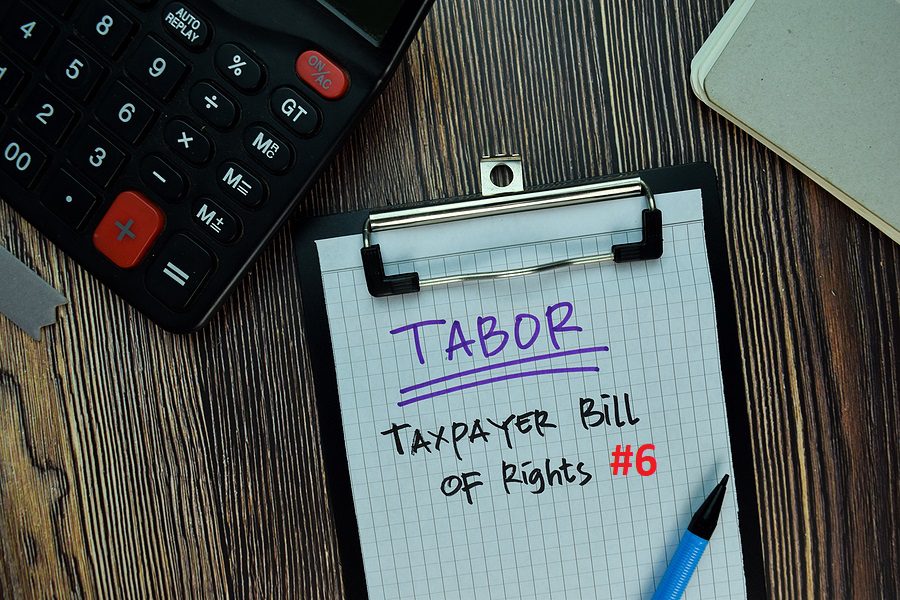Taxpayer Bill of Rights 6 -The Right to Finality
The Taxpayer Bill of Rights (TBOR) serves as a critical tool for helping tax-paying citizens to understand their rights during any involvement with the IRS or ‘Internal Revenue Service’. The document breaks down the 10 foundational rights of taxpayers, secured by the federal government.
The IRS lists the TBOR on their public website and encourages all American citizens to educate themselves on it. Furthermore, the government agency also spends a great deal of time training and updating their employees on these rights as well as many other guidelines to ensure that no one’s rights are infringed upon.
The Taxpayer Bill of Rights
- The Right to Be Informed
- The Right to Quality Service
- The Right to Pay No More than the Correct Amount of Tax
- The Right to Challenge the IRS’s Position and Be Heard
- The Right to Appeal an IRS Decision in an Independent Forum
- The Right to Finality
- The Right to Privacy
- The Right to Confidentiality
- The Right to Retain Representation
- The Right to a Fair and Just Tax System (IRS)
A more detailed list of all taxpayer rights is documented in the “IRS Publication 1, Your Rights as a Taxpayer.” In this publication, you will find that the right to finality is clearly defined.
The Right to Finality
The right to finality guarantees that taxpayers are informed of important deadlines through the process when a claim is filed. The statute explicitly regards the deadlines for both the taxpayer and the IRS. For example, taxpayers must be made aware of the deadlines for challenging IRS positions, as well as the deadlines for the IRS to collect the debt or audit you for any given tax year. Furthermore, this element of the publication guarantees that taxpayers are secured in their right to know when the IRS has closed an audit.
Deadlines
Typically, the IRS has up to three years to demand any additional tax owed from any given tax year. However, there are some exceptions to this rule. If you file a fraudulent return or fail to file your taxes altogether, the IRS can pursue legal recourse at any time.
Collection Times
Generally, the IRS has a maximum of 10 years to collect unpaid taxes from any person. However, this time frame can be extended if an agreement is made between the taxpayer and the IRS. Oftentimes in these circumstances, an installment agreement is drawn to all the persons indebted to pay their debt over an extended period.
Furthermore, the IRS has the power to pause this ten-year collection period and resume it at a later date. This procedure is necessary in cases where the person in debt files for bankruptcy or has other ongoing collection due processes.
Refund Claims
If you believe you have overpaid your taxes, you can file a refund claim asking for the money back. Generally, you must file a refund claim within three years from the date you filed your original return, or two years from the date you paid the tax, whichever is later.
Taxpayer Advocate Program
The IRS employs a Taxpayer Advocate program that aims to assist taxpayers in understanding their rights under the law. The agency also provides personal help to those looking for answers to any questions, comments, or concerns regarding their taxes.
To learn more about your rights as an American taxpayer, visit: https://www.taxpayeradvocate.irs.gov

